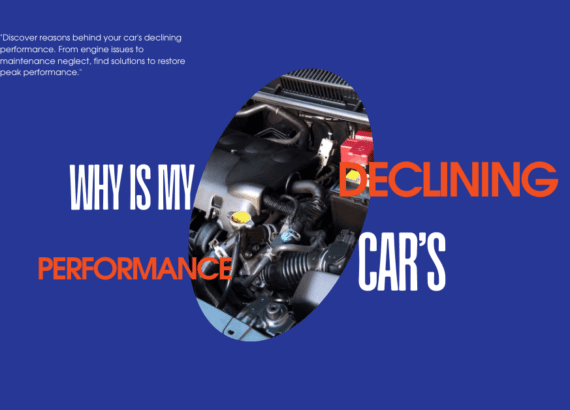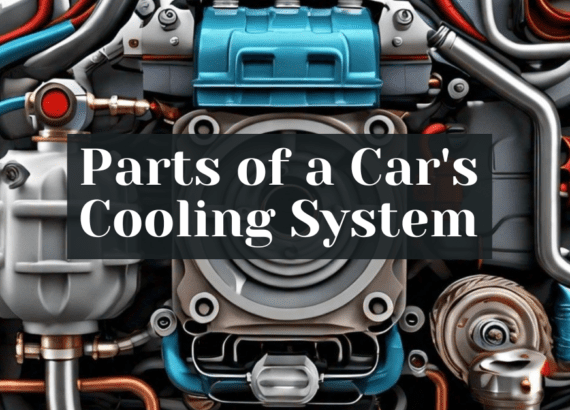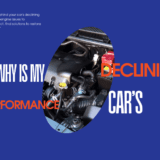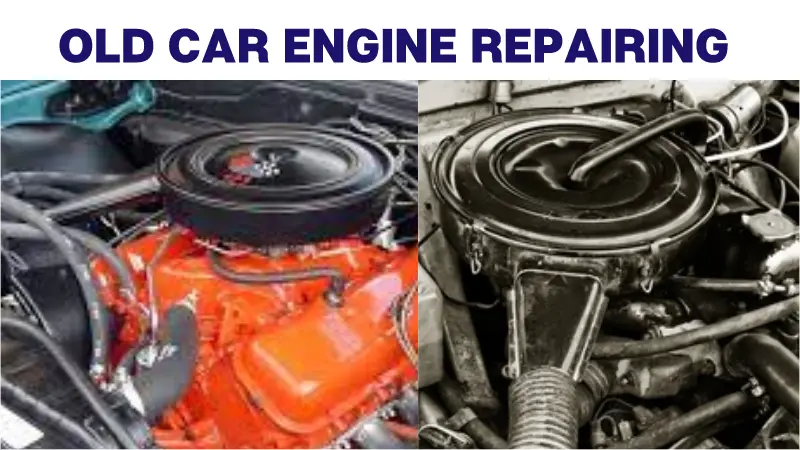Diesel Engine vs Gasoline Engine: What Are The Differences

We investigate the distinctions between diesel and petrol engines in this comparative examination. Learn about each engine type’s effectiveness, cost, and environmental impact. Choose wisely based on your needs. Now read!
Introduction
There are a number of things to think about when deciding between a diesel and a petrol engine. Both types of engines have distinctive traits, advantages, and disadvantages of their own. In this article, we’ll examine the differences between diesel and petrol engines in terms of effectiveness, output, price, and environmental impact. By the conclusion, you’ll know more precisely which kind of engine would be the best fit for your requirements.
Efficiency Comparison
1. Fuel Efficiency

Compared to petrol engines, diesel engines are renowned for their higher fuel economy. The increased energy density of diesel fuel and the way diesel engines function are the causes of this efficiency. Diesel fuel has a higher energy content per gallon than petrol, which enables diesel engines to produce greater power from a given fuel supply. Diesel engines’ higher compression ratio also contributes to their increased efficiency.
2. Power Efficiency
On the other hand, compared to diesel engines of the same capacity, petrol engines often produce more power. Petrol engines are suited for applications that call for fast acceleration or high RPM operation because they can rev higher and provide more horsepower. Diesel engines, on the other hand, have higher low-end torque, which makes them perfect for heavy-duty tasks like hauling or towing.
Performance Comparison
1. Torque
As mentioned earlier, diesel engines excel in delivering high torque at low RPMs. Torque is the rotational force that enables an engine to move a heavy load or overcome resistance. Due to their design and high compression ratio, diesel engines generate greater torque at lower engine speeds, making them well-suited for heavy-duty tasks.
2. Acceleration
Gasoline engines, with their ability to rev higher and produce more horsepower, offer better acceleration compared to diesel engines. Gasoline engines are typically lighter and have a quicker throttle response, making them more suitable for applications that require swift acceleration, such as sports cars or motorcycles.
Cost Comparison
1. Initial Cost
In general, diesel engines are more expensive than petrol engines. Diesel engine production costs are greater in part due to the technology and materials required. Consequently, compared to their gasoline-powered counterparts, automobiles with diesel engines are often more costly upfront.
2 . Fuel Cost
Diesel fuel is frequently more expensive than petrol, despite the fact that diesel engines have superior fuel economy. Depending on geographical circumstances and market conditions, fuel prices may change, although, in many areas, diesel fuel is more expensive. Determining the entire cost per mile driven may not always be much lower even when diesel engines consume less gasoline.
3. Maintenance Cost
Compared to petrol engines, diesel engines usually need more regular maintenance and repair. Additional parts of diesel engines, such as the turbocharger, diesel particulate filter, and exhaust gas recirculation system, need to be inspected and maintained on a regular basis. Higher total maintenance expenditures may result from these increased maintenance needs.
Environmental Impact
1. Emissions
In order to lessen environmental pollution and fight climate change, there has been a lot of attention paid lately to cutting down on car emissions. Compared to diesel engines, petrol engines emit more carbon dioxide (CO2) into the atmosphere. On the other side, diesel engines often emit more particulate matter (PM) and nitrogen oxides (NOx). For both types of engines, sophisticated emissions control systems have been developed as a result of strict emission laws.
2. Environmental Regulations
Government rules and regulations have an impact on how diesel and petrol engines affect the environment. Due to their higher levels of NOx and PM emissions, certain areas have enacted tighter emission limits for diesel engines. On the other hand, measures to lower CO2 emissions have been applied to petrol engines. When deciding between diesel and petrol engines, it’s crucial to take into account regional laws and rules.
Conclusion
In conclusion, deciding between a diesel and a petrol engine depends on a number of variables, including your unique demands, priorities, and the engine’s intended use. Diesel engines are suited for heavy-duty operations because of their greater fuel economy and torque. On the other hand, petrol engines deliver better acceleration and more power, making them perfect for applications that call for fast reactions and high RPMs. When making a decision, take into account the financial repercussions, including the original expense, fuel expense, and maintenance expense, as well as the environmental effect.
FAQs
Which engine type is more fuel-efficient, diesel, or gasoline?
Diesel engines are generally more fuel-efficient compared to gasoline engines due to their higher energy density and compression ratio.
Are diesel engines more powerful than gasoline engines?
Gasoline engines tend to deliver higher power output, while diesel engines offer more low-end torque.
Do diesel engines require more maintenance than gasoline engines?
Yes, diesel engines typically require more frequent maintenance and servicing due to their additional components and emissions control systems.
Are diesel engines more environmentally friendly?
Diesel engines release more particulate matter and nitrogen oxides, whilst petrol engines emit more carbon dioxide. Regional laws and emissions control technology have an influence on the environment.
Which engine type is more expensive, diesel, or gasoline?
Diesel engines generally have a higher initial cost compared to gasoline engines, but fuel prices and maintenance costs also play a role in the overall cost of ownership.











